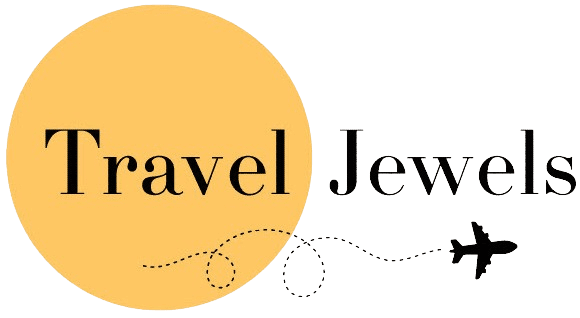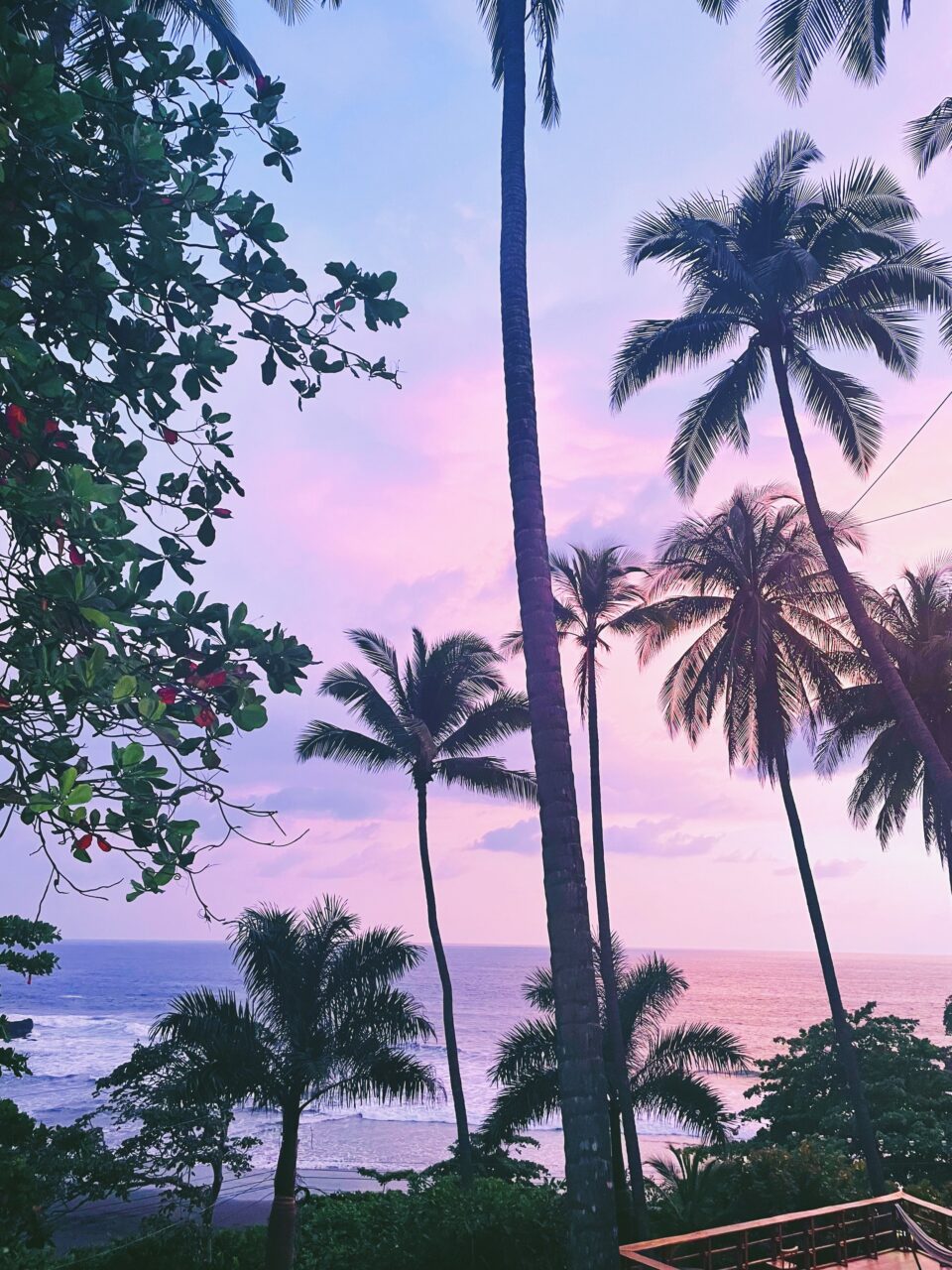In 2010, I embarked on my first international trip. It was the second flight I’d ever taken and it happened to be a 15-hour direct flight from NYC to Johannesburg, South Africa, where I would spend the semester studying community health and social policy in Durban. The program was through the School for International Training (SIT). At that time, South African Duo Liquideep’s song Fairytale was popular and instantly became the theme song of my experience.
In a lot of ways, my time in South Africa was like a fairytale. It was a magical experience that was inconceivable to me prior to college. I am a first generation college graduate from pre-gentrified Harlem, NY. Travel was not a major part of my up bringing. In fact, a trip to Brooklyn was as foreign as it got for me.
I received a lot of resistance from some family members who couldn’t understand why I would ever want to study in Africa (cue the Save the Children commercials and images of lions roaming the savanna). It wasn’t until college, when I took classes in African and African American studies, that I developed a deeper understanding and appreciation for the continent and my African ancestry. Africa is often seen as a monolithic entity when in fact there is more diversity in culture and language than most people understand. I yearned to learn more so, despite opposition from many, I decided the next logical step was to study in an African country. I wanted to experience part of the culture beyond reading about it in textbooks.
Was I scared? Heck yes! I’d never been more than a three to four hour drive from home. The fact that I was going to be away for five months with no Peter Pan Bus to bring me home on the weekends was a little unsettling. Also, it didn’t help that my friend sent me an Every 26 seconds a woman is raped in South Africa article literally right before I boarded the plane (thanks friend). Before choosing to study in South Africa, I spoke to a couple of students who studied abroad there. Their positive experiences while in the country outweighed any fear that I had.
Thanks to some amazing experiences as well as people who have become lifelong friends, my time in South Africa taught me the following life lessons:
1. Local experiences are the best experiences.

One of the houses in the township.
My program consisted of a township homestay followed by an independent study experience where we worked with local non-profits. Some of my best memories were with my homestay family – watching South African Soapies (i.e. Generations), practicing my Zulu, and talking about their experiences in the post-apartheid era. I also enjoyed the liberty that the independent study program afforded my classmates and me. We got to live on our own (on the beach!) and I definitely made more local friends. One perk of living in a beachfront flat is that we made frequent trips to the beach. That warm Indian Ocean water was life! My friends and I became friends with the lifeguards. One night we had a braii (South African version of a BBQ) on the beach that turned into a massive party with the best South African house music. It’s those kinds of carefree moments that I cherish. These experiences shape how I currently travel. I love making friends with locals and having authentic experiences.
2. Nature is my happy place (surprisingly).

We took a little dip after hiking up the Drakensberg Mountains.
Being a city girl, skyscrapers and city lights were my comfort zone. My program started out in Joburg and one of our first activities was hiking up the Drakensberg Mountains. I remember feeling so free, so at ease, and so close to God. I ended up heading back down after five hours of hiking because of my asthma, slight fear of heights, and altitude sickness. But, although I didn’t make it to the top of the mountain, I was still proud of myself for trying something new. Now one of my favorite activities to do when I’m traveling is to go on nature walks and mini-hikes.
3. Public health is my calling.
During my sophomore year of college, my mom was diagnosed with diabetes, with a sugar level of 600 mg/dL in the emergency room. Earlier that week, she went to see her provider who dismissed her symptoms. It was my frustration with the inadequacies of the U.S. healthcare system that replaced my desire to be a clinical psychologist and motivated me to instead pursue a career in public health. Midway through my time in South Africa, I had to switch homestay families because my host mom as diagnosed with TB. It was heartbreaking to witness this lady, who was so full of life, rapidly decline. Two weeks after I returned to the US, I learned that my host mom had passed away. My mother’s story and my host mom’s story personified the vicious cycle of poverty and poor health outcomes. From this realization, I found my life’s calling to disrupt this cycle through researching and intervening on the contributing social factors.
4. Active recognition of my privilege and shifting identity.
Privilege
Prior to studying in South Africa, I would never have considered myself privileged. In the U.S. privilege tends to come with being white and male. However, my time in the South Africa expanded my definition of this concept. I witnessed poverty in some parts of South Africa that made the poor in America look wealthy. The fact that I could afford a plane ticket (well, I was at a well-resourced institution that helped me pay for my flight… thanks Smith College), I am healthy and able-bodied, and I spoke English (a popular language that makes traveling easier) were some of the privileges I became aware of. I also quickly became cognizant of the stereotype of the entitled American tourist and did everything possible to avoid playing into it. I would cringe at other American students who would talk louder to locals as if yelling at them would remove a language barrier.
Shifting Identity
In America, I was African-American but in South Africa, I was no longer hyphenated. People referred to me as an American (and sometimes white depending on who I was talking to). As I’ve travelled more, I’ve realized that this floating identity holds true in most places. Feeling more “American” abroad than in my own country is something I’m still grappling with.
South Africa taught me the best growth happens when you step outside your comfort zone, engage with people who actually live in the country you’re visiting, and remind yourself of your privilege and how your identity shifts as your travel. Traveling has been an eye-opening, beautiful experience and I can’t imagine my life without it – I’ve seen so much and met so many wonderful people and, along the way, it’s all changed me for the better.
What was the first country you traveled to and how did it shape the way you travel and even how you see yourself?






